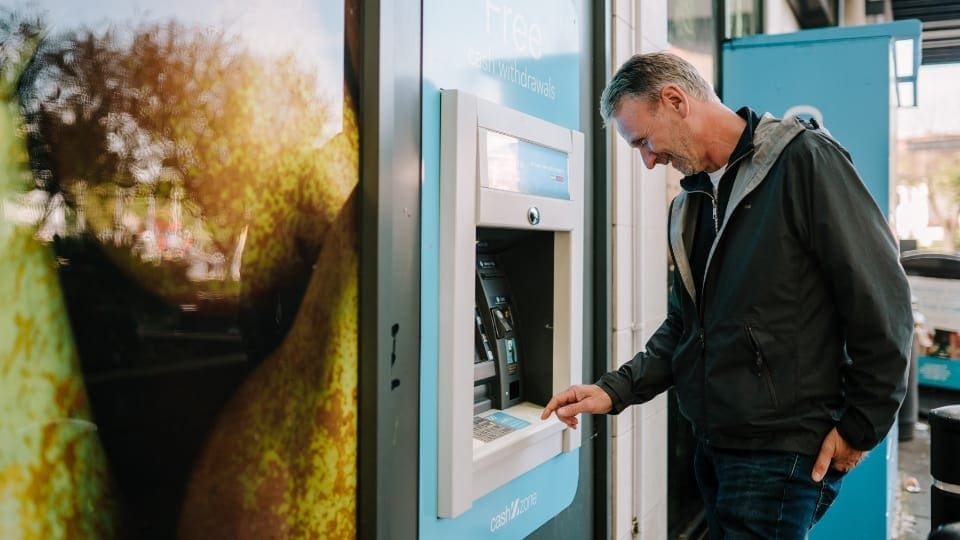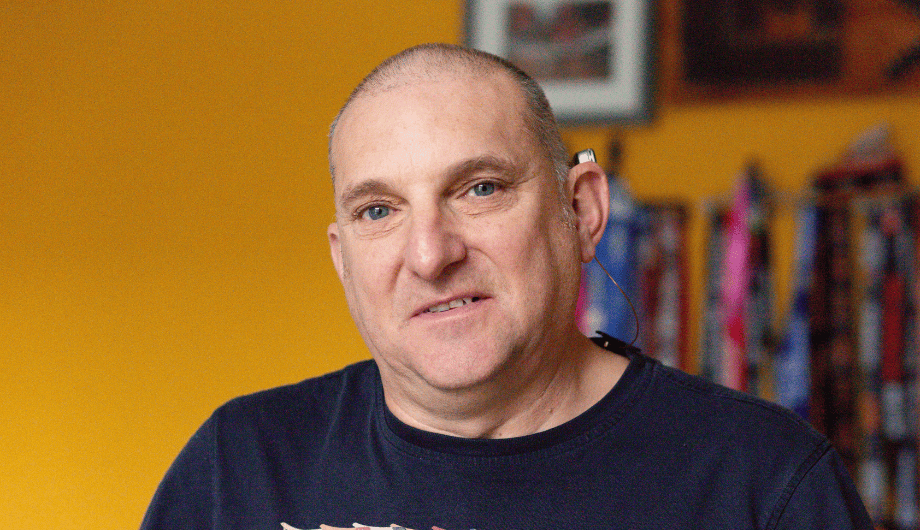Lasting power of attorney (LPA) is a legal process where you appoint someone (known as your ‘attorney’) to make decisions for you if you lack the mental capacity to do so yourself.
There are two types, and you can make either or both:
- health and welfare – for decisions about health and personal welfare
- property and affairs – for decisions about finances
After a diagnosis of young onset dementia, it is advisable to make an LPA as soon as possible.
You can set up an LPA yourself using an online form. Alternatively, you can ask a solicitor to set it up for you.
Deputyship under the Court of Protection
If you care for someone with dementia who lacks the mental capacity to make decisions for themselves, but you do not have LPA, the Court of Protection may appoint you as the person’s ‘deputy’ and give you permission to make one-off or ongoing decisions on their behalf.
You can be a deputy for matters relating to:
- property and affairs
- personal welfare




